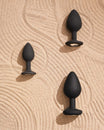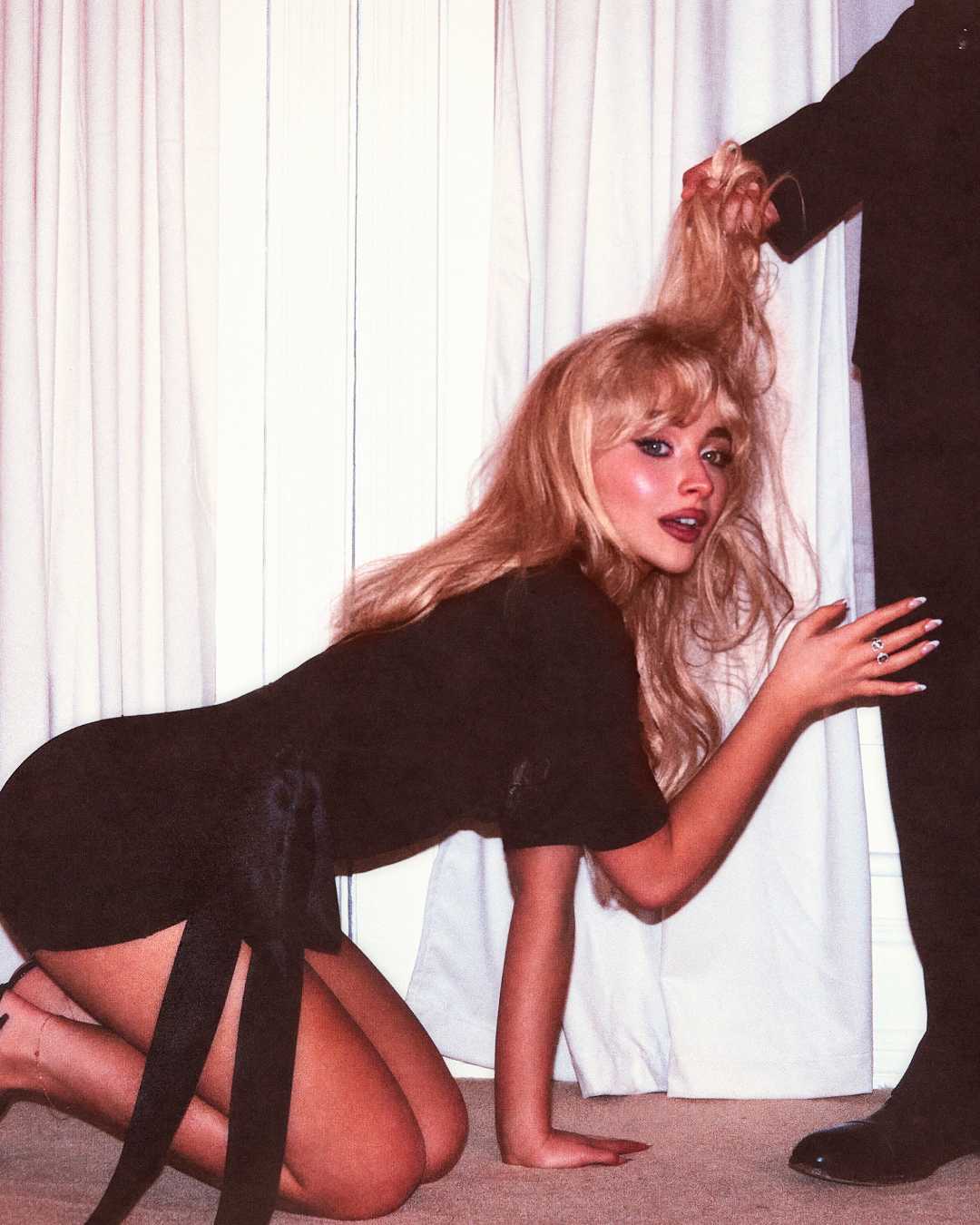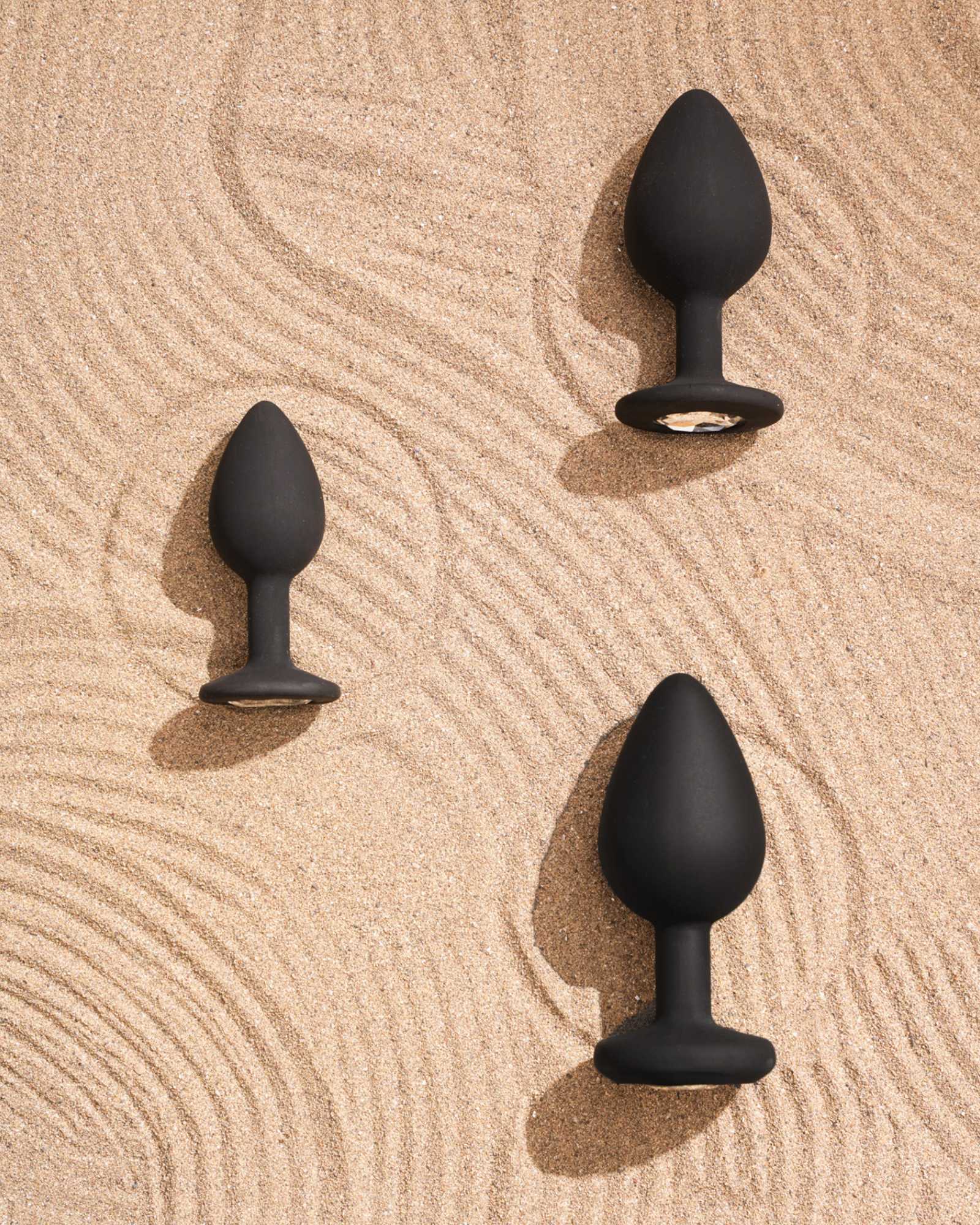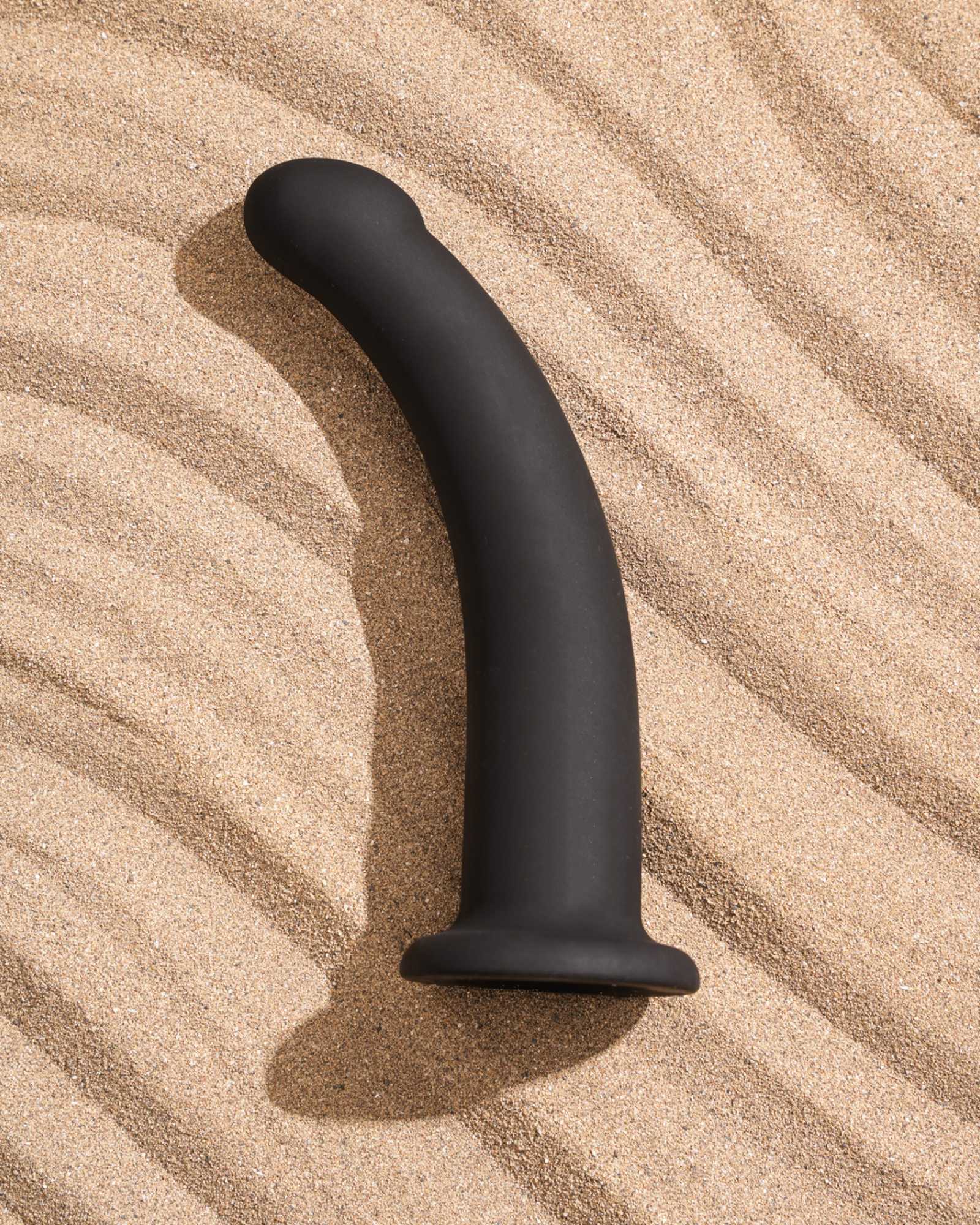As the world of pop culture races to publish their latest think pieces on Sabrina’s new album cover (yes I see the irony) and creators unite to thrash her choice of imagery, I can’t help but wonder-
“Have we forgotten that submissive women also exist?”
Sabrina Carpenter, who has steadily built a reputation for embracing risqué themes in her lyrics and sly choreography, recently released the cover for her new album Man’s Best Friend.
The image features her on her knees, with a figure off-camera holding her hair up like a leash.
And a large faction of the internet absolutely hated it.

From fans calling it anti-feminist to be on your knees for a male figure, to others commenting on how this is not the right climate for imagery of ‘subjugated’ women to exist in, this notion that submission is inherently degrading or gendered is misinformed.
Submission has never been gendered.
While we do stereotype women to be ‘naturally’ submissive thanks to generations of misogyny and the occasional podcast from Dude Whose Personality Is Owning Watches, men are just as capable of enjoying the art of being told what to do.
It’s the relief of letting go and negotiating for a moment where you do not have to be the one thinking about what happens next.

It’s the release of knowing that you’ve instructed someone else to look after you or treat you exactly the way you want and need, and watching them execute that plan to perfection.
Kink—real kink, not the retail kind—is built on trust. And trust requires vulnerability. Submission in BDSM isn’t about being less powerful.
It’s about having enough power to hand it over. To know exactly what you want, what you need, and to script the rules that let you let go.

Sex and consensual fear or consensual degradation are simply too good a mix for many of us, and arousal is too heady and potent an experience to waste on absurd gender roles.
We also don’t talk enough about how power is negotiated in kink. Ask anyone with experiences in power play and they will tell you too—a dom/me is often just a tool to provide the experiences and catharsis that a submissive is searching for.

While this isn’t to say that dominants bring no needs or desires of their own, the act of partnered kink is meant to let people find their own balance between meeting their own needs and providing for the other, within a structure that puts prior negotiations at the forefront.
Nothing about Sabrina’s image portrays an unwilling participation or a mockery of women for having their own desires. Yet, we all saw what we wanted to see.

Female submission is also not anti-feminist.
While it continues to be important that we show girls and women more empowering content, it seems our definitions of what empowerment truly means have been diluted over time.
Saying you like submitting as an individual is just a healthy expression of your desires. Saying all women should submit to men is sexist.

Saying all men should submit to women, is a product of pent-up frustration and pain caused by sexism and simply a desire to see some reparation.
Not ‘reverse sexism’.
Had Sabrina said that all women are naturally submissive, the focal point of this piece would have shifted entirely.
But she hasn’t.
(Sabrina is also likely just satirising the myth of the ideal, obedient woman here, I mean her lead single of this album is called Manchild? But this post is not about decoding her choices.)

Feminism and sexual empowerment are not about forcing women into positions of authority regardless of what they want, just so we can finally respect them.
It's about listening to women and building an environment that encourages women to discover their desires on their own terms.
Women are also not the only ones who are seen as deserving of flak when they desire submission.

Straight men have their entire identity scrutinised for wanting a dominant woman, queer men are quizzed about their relationships with their fathers, and queer women and femmes are shamed as pillow princesses.
We see this all the time in our DMs. People ask, “Is it okay if I like being submissive?” as if their desire makes them smaller. It doesn’t.
The problem here isn’t merely in the way society keeps foaming at the mouth for an opportunity to moral police someone, it’s that we have been consistently told that softness is weakness.

We want women to be on a rampage to prove how empowered they are because we refuse to believe that power can come from vulnerability and tenderness.
We hate it because it reminds us that those who abuse someone’s tenderness are the ones who have to be held accountable, and instead we point our fingers at those who dared to be gentle.
Submitting in play is not a commentary on a person’s place in society.
If the thought of someone kneeling in this political climate angers you, maybe our political climate is the problem.

















Leave a comment
This site is protected by hCaptcha and the hCaptcha Privacy Policy and Terms of Service apply.